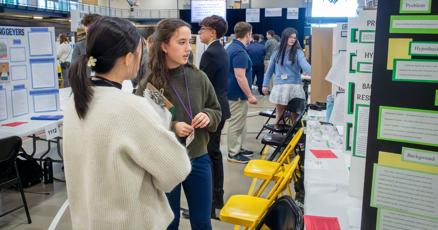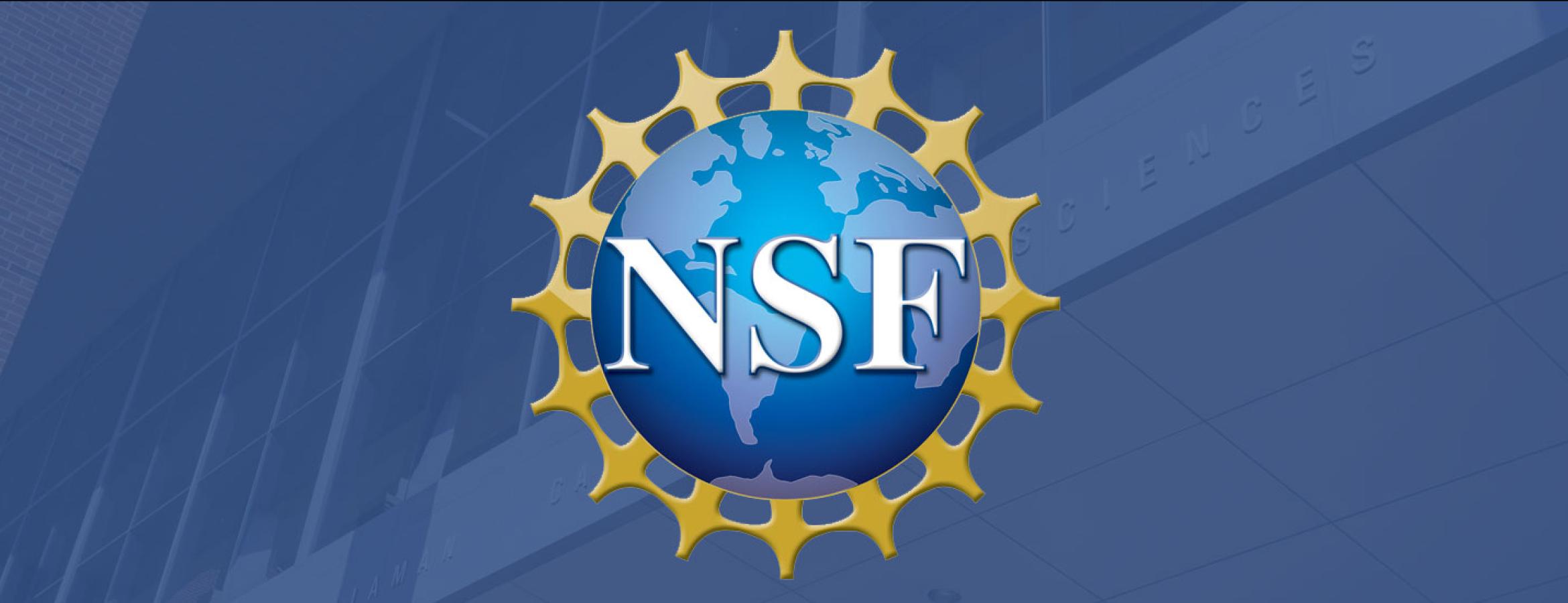Science Under Siege: How Trump's Policies Are Eroding America's Intellectual Edge
Science
2025-04-27 17:02:57Content

The remarkable scientific prowess of the United States has been meticulously built over a century, with research and innovation serving as the cornerstone of American global leadership. However, in a stunningly short period, the foundations of this intellectual ecosystem have been challenged by policies that threaten to erode decades of collaborative scientific achievement.
Renowned journalist Fareed Zakaria highlights a critical concern: In less than 100 days, the previous administration's approach appeared to systematically undermine the very institutions that have propelled America to the forefront of global research. By creating a hostile environment toward universities and marginalizing immigrant researchers—who have been instrumental in driving scientific breakthroughs—these actions risked diminishing the nation's intellectual capital.
The strength of American science has always been rooted in its diversity, openness, and ability to attract the world's brightest minds. When policies create barriers instead of bridges, they don't just impact individual researchers, but potentially compromise the entire scientific ecosystem that has made the United States a global innovation leader.
The Erosion of Academic Excellence: How Political Interference Threatens America's Scientific Supremacy
In the intricate tapestry of national progress, scientific research stands as the cornerstone of innovation, economic strength, and global leadership. The delicate ecosystem of academic and research institutions represents more than just laboratories and universities—it embodies the intellectual heartbeat of a nation's potential for transformative discovery and technological advancement.Unraveling the Threads of Scientific Innovation in Perilous Times
The Foundational Pillars of Scientific Achievement
The United States has long been a beacon of scientific excellence, cultivating an environment where intellectual curiosity meets unprecedented resources. For decades, American universities and research institutions have attracted the brightest minds from around the globe, creating a melting pot of innovation that has driven technological breakthroughs across multiple disciplines. The symbiotic relationship between domestic talent and international researchers has been the secret sauce of America's scientific supremacy. Historically, this ecosystem thrived on open collaboration, unrestricted intellectual exchange, and a commitment to pushing the boundaries of human knowledge. Research universities became crucibles of innovation, where groundbreaking discoveries in medicine, technology, engineering, and fundamental sciences emerged with remarkable consistency. The immigration of talented researchers has been a critical component of this success, bringing diverse perspectives and specialized expertise that enriched the nation's intellectual landscape.Political Interference and the Systematic Deconstruction of Research Infrastructure
Recent political interventions have begun to systematically undermine the robust framework that has sustained American scientific leadership. Policies targeting immigrant researchers and academic institutions create significant barriers to innovation, potentially reversing decades of progress. The chilling effect of restrictive immigration policies and politically motivated research constraints threatens to dismantle the very mechanisms that have propelled the United States to the forefront of global scientific achievement. These interventions manifest through multiple channels: reduced funding for critical research programs, increased bureaucratic obstacles for international scholars, and a growing atmosphere of intellectual suspicion that discourages open academic discourse. The consequences extend far beyond immediate research capabilities, potentially triggering a long-term brain drain that could compromise future technological competitiveness.The Global Implications of Diminished Scientific Collaboration
In an increasingly interconnected world, scientific progress transcends national boundaries. The potential marginalization of immigrant researchers represents more than a domestic policy issue—it's a global concern with far-reaching implications. International talent has consistently been the lifeblood of American scientific innovation, bringing unique perspectives, specialized knowledge, and collaborative potential that cannot be replicated through isolated domestic efforts. The ripple effects of such restrictive approaches could fundamentally alter the global research landscape. Countries with more welcoming policies might emerge as alternative hubs of scientific innovation, potentially shifting the center of technological advancement away from the United States. This transformation could have profound economic, technological, and geopolitical consequences that extend well beyond the immediate academic realm.Rebuilding and Reimagining Scientific Resilience
Reversing this potentially catastrophic trajectory requires a multifaceted approach. Policymakers must recognize that scientific excellence is not a zero-sum game but a collaborative, dynamic process that thrives on diversity, openness, and mutual respect. Reinvigorating America's research infrastructure demands comprehensive strategies that prioritize talent attraction, institutional autonomy, and long-term investment in human capital. Universities, research institutions, and government agencies must work in concert to create environments that not only welcome international talent but actively celebrate the contributions of immigrant researchers. This involves developing more flexible immigration policies, providing robust support systems, and cultivating a culture of inclusive excellence that recognizes merit regardless of national origin. The future of American scientific leadership hangs in a delicate balance, dependent on our collective ability to preserve and nurture the innovative spirit that has historically defined our nation's intellectual landscape. The path forward requires courage, vision, and an unwavering commitment to the principles of open inquiry and collaborative discovery.RELATED NEWS
Science

Scientific Brilliance: Purdue Professors Earn Prestigious AAAS Fellowship
2025-03-27 14:00:00
Science

Green Science Breakthrough: FLCC Secures $1 Million for Cutting-Edge Plant Research Hub
2025-02-27 05:04:00
Science

Spuds Under the Microscope: How Science is Saving Rare Potato Varieties from Extinction
2025-03-03 11:02:35




